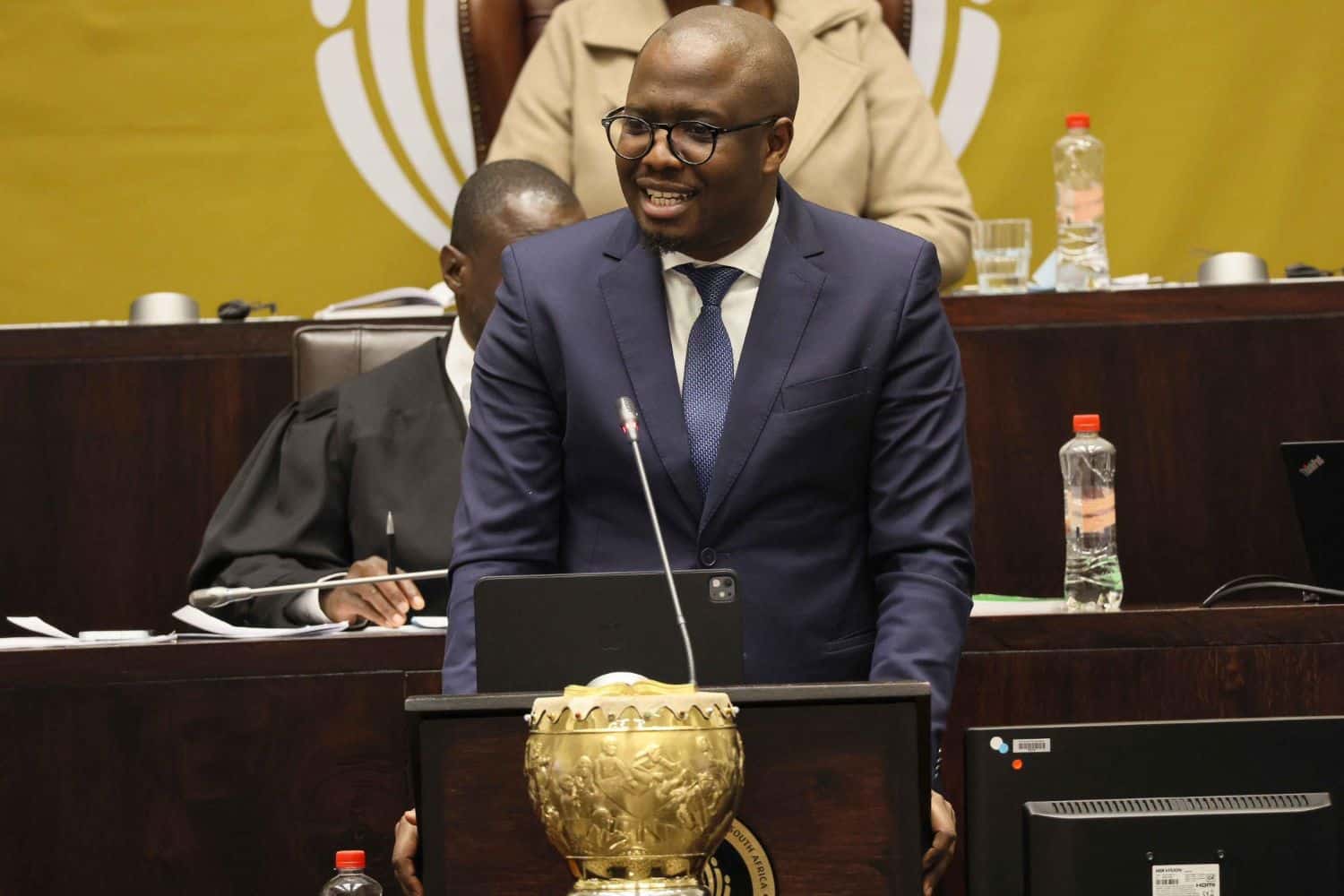
Deputy Minister of Trade, Industry and Competition, Zuko Godlimpi, says the G20 Sustainable Industrial Policy Report is a strong foundation for collective action towards building diversified economic structures that respect planetary boundaries.
The report titled “G20: Removing International Obstacles to Sustainable Industrial Policy” was released on Thursday. It focuses on how sustainable industrial policy is central to reshaping energy systems, expanding productive capabilities, creating decent work, and aligning economic development with environmental goals.
Godlimpi highlighted that the report provided an invaluable framework for aligning industrial strategies with climate, development, and equity goals.
ALSO READ: SA faces prospect of not being invited to G20 in Miami – Manuel
G20 report on industrial policy
The report acknowledges that while there is an urgent need for global cooperation to address climate change, economic underdevelopment, inequality, poverty, and geopolitical instability, the current multilateral system is embattled with barriers that obstruct rather than enable transformative national policies.
The report covers four areas: sustainable industrial policy, how global rules constrain development pathways, financial challenges, and priorities for a reimagined multilateralism. Godlimpi said, based on the report, it is clear that the world needs a sustainable industrial policy now more than ever.
“This is because our current systems of production and consumption which are rooted in fossil fuels, resource depletion, and ecological degradation are no longer compatible with a healthy planet or a just economy. The crises we face today are fundamentally tied to how economic value is created and distributed,” said Godlimpi.
Sustainable industrial policy offers a different path
He added that sustainable industrial policy offers a different path. “The policy enables purposeful transformation: building diversified economic structures that respect planetary boundaries, while also expanding opportunity, strengthening resilience, and improving social outcomes.”
Godlimpi highlighted that the policy is a framework for ensuring that the industries we build today support human and ecological flourishing future.
“The transition to sustainable industry must be just. Among other things, workers must be supported with new skills. Communities must see tangible benefits, and developing countries must have access to the tools, technology, and finance required to build new industrial ecosystems. As South Africa, we are proud to champion this agenda within the G20.”
ALSO READ: Trump’s G20 boycott ‘hurts US more than world’
Inside the report
The section about sustainable industrial policy in the report shows how today’s ecological and economic crises stem from production systems and explains why countries need the freedom to diversify, upgrade, and build climate resilient economies that support decent work and meet human needs.
How global rules constrain development pathways touches on how international regimes, including World Trade Organisation (WTO) rules, free trade agreements, ISDS mechanisms, and TRIPS-based intellectual property protections, limit national policy space and make it difficult for developing countries to move into higher value industries or participate fairly in the global green transition.
The report also highlighted that “high financing costs, biased risk ratings, unstable capital flows, and weak development finance continue to restrict investment in sustainable industrialisation.”
It is revealed how these financial constraints deepen dependency, heighten vulnerability to shocks, and undermine climate goals.
Reshaping of global governance
The report proposes ways to reshape global governance so that it supports rather than restricts transformative development.
“The priorities include reforms to trade and investment rules, stronger technology sharing arrangements, greater access to long-term affordable finance, and cooperation platforms that help countries build productive capabilities on their own terms,” reads the report.
“Together, these proposals aim to restore the policy space required for countries, especially in Africa and the wider Global South, to pursue sustainable, inclusive, and climate-aligned industrial strategies.”
NOW READ: G20: ‘SA should be left with renewed vigour, like a dancer,’ Lamola says


